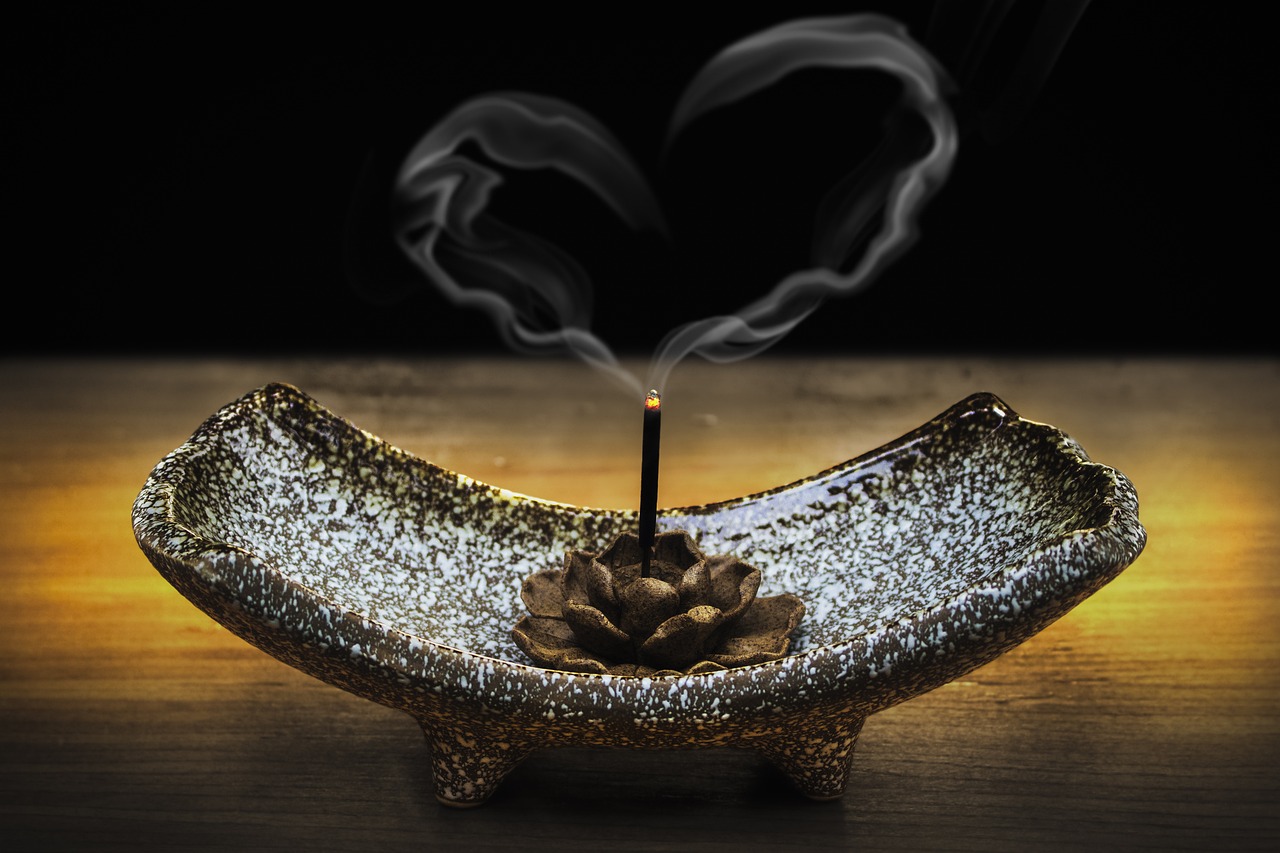
How To Break The Cycle of Self Criticism

Break The Cycle of Self-Criticism
In mindfulness circles, there’s a popular story about an encounter with His Holiness the Dalai Lama.
It goes something like this.
HH the Dalai Lama is taking questions at a conference and a Western meditation teacher asks him about how to help people who suffer from self-hatred.
There ensues a protracted and vigorous exchange between HH and his translator. The Dalai Lama looks confused and keeps asking questions.
After some time, the translator reveals that there is no such word or concept in the Tibetan language, so he was having trouble explaining the idea of self-loathing to HH. It was a completely new idea and phenomenon to the revered monk.
The story is a compelling example of how a concept that we take for granted here in the West is completely foreign elsewhere. It’s a uniquely Western affliction.
The Epidemic of Self-Criticism
And the scourge of self-loathing is no mere concept or curiosity.
As I’ve previously shared with you, one of my former teachers, the late Harvard psychologist and Buddhist teacher Dr. Daniel P. Brown, called self-criticism a cultural epidemic.
That’s one reason why we spend so much time focusing on self-compassion during the Coming Home Mindfulness Meditation Training Program.
When I left the ashram after 14 years of intensive monastic training, I was mostly oblivious to the need for self-compassion. As a seasoned meditation practitioner, it seemed like a frivolous if not indulgent concept to me
But now, I can’t imagine my life without it.
Here’s the problem. The inner critic is a common and pervasive tyrant. Yet, most of us don’t see it. At least, that was the case for me.
It’s so common that it’s hidden in plain sight.
What are some common manifestations? Our culture valorizes perfection and endless achievement. As a result, many of us feel–in our work, in our relationships, in our family life–that we are not enough just as we are.
Many of us internalize that cultural narrative and it becomes our own story.
Mindfulness Shows Us We Are Already Enough
But mindfulness meditation shows us that the opposite is true. We are whole and enough just as we are.
As we develop in our practice, we come to experience a space of inherent wholeness. That space is untouched and unbowed by that punitive taskmaster in our head.
At the same time, we become familiar with that unforgiving self-critical narrative. And when we see it, we can actively offer ourselves compassion in response. We begin to create a different narrative.
Research shows that the more we practice being kind and compassionate with ourselves using formal meditation practices, the more we’ll increase the habit of self-compassion.
Dr. Kristin Neff
Increasing The Habit of Self-Compassion
Simply seeing and identifying that self-critical voice in our head is half the battle. Remember, if you can name it, you can tame it.
These days, if I’m unsettled or upset, I often inquire into whether the source of my discontent is that relentless inner taskmaster who is never satisfied.
More times than I can count, I have found that the missing ingredient of the moment is self-compassion and self-friendliness.
Breaking the cycle of self-criticism takes time and persistent interest. Building a consistent meditation practice is a beautiful start to that process and a proven method.
According to self-compassion researcher Dr. Kristin Neff:
Research shows that the more we practice being kind and compassionate with ourselves using formal meditation practices, the more we’ll increase the habit of self-compassion.
If you are suffering from self-criticism, I encourage you to join me for one of the upcoming Mindfulness Meditation Training Programs.
Source link


